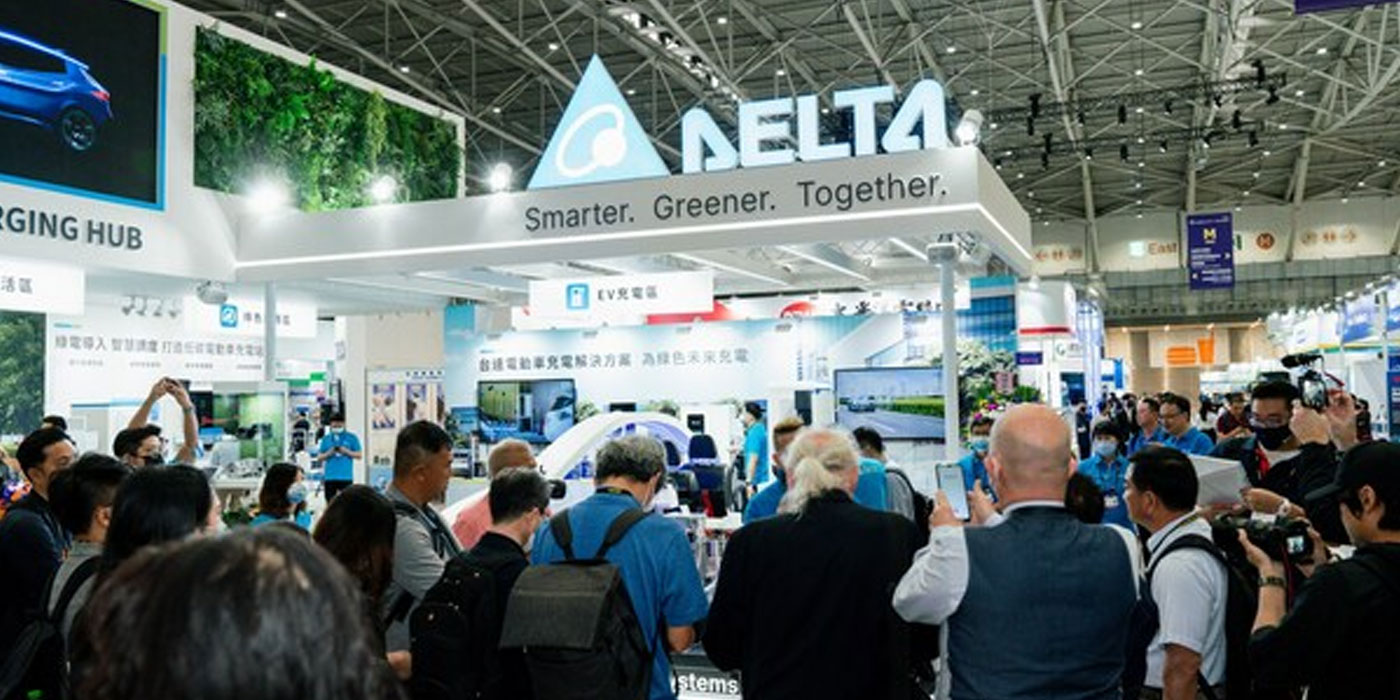By John Creamer, founder, GlobalAutoRegs.com
 EDITOR’S NOTE: International aftermarket veteran John Creamer, founder of GlobalAutoRegs.com, shares his insights on the recent vote by Britain to leave the European Union and the potential impacts this could have on the automotive industry.
EDITOR’S NOTE: International aftermarket veteran John Creamer, founder of GlobalAutoRegs.com, shares his insights on the recent vote by Britain to leave the European Union and the potential impacts this could have on the automotive industry.
Let’s clarify something right away: Anyone who says they know how the British exit from the European Union (EU) will end is delusional. During the past 40 years, the British economy has gradually integrated and aligned with that of the Continent. The connections between the U.K. and the EU are legion. Reinventing or severing them will involve hundreds of thousands of decisions and actions whose collective impact cannot be accurately assessed within days of the Brexit vote.
What we can consider are known factors that will influence these future decisions and actions.

Brexit presents the European Union with an existential threat. The decades of Brussels bashing that preceded the U.K. vote are not limited to Britain. Political opportunists of all stripes have persistently painted “Brussels” as a hobgoblin responsible for all that ails their electorates. Much as certain American politicians complain about “Washington,” certain national politicians in Europe regularly absolve themselves of responsibility for policies and regulations by blaming “Brussels.”
As a result, the European Union faces a dilemma in responding to the British departure. As much as many EU leaders may prefer a smooth and amicable separation, they cannot allow the U.K. decision to appear free of consequences because such a transition would encourage separatist movements elsewhere. Consensus has yet to emerge on the optimal attitude with EU president Jean-Claude Junker and French president François Hollande calling for a rapid initiation of Article 50 (the letter the U.K. must send to the European Council that sets the two-year clock ticking for conclusion of the separation), while German chancellor Angela Merkel has urged patience.
In the short-term, the Brexit vote has no legal force. The referendum expresses the will of the British people, which must now be acted upon by the Prime Minister as a matter of “royal prerogative” under British law.
The European Council has called for action “as soon as possible, however painful that process may be” in order not to “unnecessarily prolong uncertainty.” However, British Prime Minister David Cameron has announced his intention to resign, leaving his successor to take this action. Naming a successor will involve negotiations within the Cameron’s Conservative Party to elect a new leader, which may not come before next fall.
“Uncertainty” is likely to last through the summer.
The vote itself presents another set of concerns that will weigh heavily in how the EU responds to the British exit. Voters under 35 were largely in the Remain camp, creating a split between the current and future generations of political leaders. The EU is likely to be inclined to avoid measures that might preclude a reversal of the British view in coming decades (or even buyer’s remorse over the summer). Moreover, Scotland, which voted against joining the European Community in 1975, voted across the board to remain in the EU last Thursday. Not a single Scottish county voted in favor of leaving the EU, raising the specter of a future referendum on independence from the U.K..
In 2014, Scotland voted by a 55 to 45 percent margin to remain within the U.K., but the eventual fallout from Britain’s EU exit will certainly impact views on the benefits of remaining within a U.K. separated from the EU.
Notwithstanding the prominence of immigration issues in the Brexit debate, economics will figure importantly in future decisions. To the extent that the U.K. did not adopt the euro and so retained control over its own monetary policies, the British economy has remained partially independent of EU economic policies. The sharp drop in the value of the pound reflects uncertainty and financial market positions more than underlying fundamentals and this uncertainty will fade as a clearer consensus emerges over the handling of the divorce.
In an industry as capital-intensive as automotive, shifts in manufacturing respond to long-term interests, not short-term instability. None of the automakers present in Britain has suggested any near-term imperative to recalibrate its European manufacturing footprint. The U.K. and EU automotive industries are highly integrated such that industry support for accession of the U.K. into the European Free Trade Area (EFTA) or some other arrangement to maintain the status quo ante is likely to be strong.
EFTA is one-half of the European Economic Area, which aligns non-EU members with the European Union in a free-trade zone. In this regard, a route exists for the U.K. to maintain the competition and trade benefits of its former membership in the EU while existing outside the Union.
However, this option to be guided by EU regulations while not participating in their formulation may not be palatable to the incoming U.K. leadership.
From a regulatory standpoint, little is likely to change for the automotive industry. European automotive safety and emissions regulations have been based upon principles of harmonization and free trade since the 1950s, pre-dating the existence of the EU itself. These regulations are developed through the UN World Forum for the Harmonization of Vehicle Regulations in Geneva. As a member of the European Union, the U.K. accepted EU regulations established through the World Forum; however, Britain has always been a key player in defining these requirements, including long before its accession to the EU.
There will be no interest on the part of U.K. regulators in disengaging from the international automotive regulatory system, so the main challenge will rest largely in transposing UN/EU regulations into U.K. legislation directly to replace the current system whereby the U.K. accepted UN requirements through EU decision-making processes. Product type approvals granted by EU member states will remain valid in the U.K. despite the Brexit vote just as EU members will continue to accept British approvals because these fall under the UN, not the EU, system. The Leave campaign arguments that Britain was subject to arbitrary EU decisions are wholly without foundation as far as the automotive industry is concerned. The U.K. has been and will remain fully engaged within the international automotive regulatory system.
Overall, there is little reason to believe that either U.K. automotive manufacturers and labor unions or Continental ones would push for protectionism. If anything, the departure of Britain weakens the free-trade camp within the EU, obliging Germany to strengthen efforts to maintain its political influence in guiding EU economic policies. Paradoxically, the exit of the U.K. may strengthen EU resolve to increase transparency toward engaging its citizens more directly in its deliberations and processes.
In the aftermath of the vote, Mike Hawes, chief executive of SMMT (the British association of the automotive industry), declared, “The British public has chosen a new future out of Europe. Government must now maintain economic stability and secure a deal with the EU, which safeguards U.K. automotive interests. This includes securing tariff-free access to European and other global markets, ensuring we can recruit talent from the EU and the rest of the world and making the U.K. the most competitive place in Europe for automotive investment.”
Speaking for the German automotive industry, Matthias Wissmann, president of the VDA, called for calm and said, “The British vote was close. But now it is more important than ever for Europe to stand together to avoid a possible domino effect. Every possible measure must be undertaken to enable the continued free movement of goods and services between the U.K. and the other EU countries. And even after leaving, free exchange of goods with the Continent will still be to Britain’s net advantage.”
Ultimately, however disappointing the British vote may be for the European Union and the 48 percent of British citizens who voted to remain in the Union, the automotive industry remains a staunchly global enterprise. It is neither in the interests of the U.K. nor of its trading partners to undermine their shared economic interests in the global automotive system.
Nonetheless, financial markets that thrive on instability and political considerations that trump shared economic interests will undoubtedly contribute to a stressful summer.
Exchange rate volatility will play havoc with business planning, but little can be predicted with any certainty until the shock of the vote wears off. US companies that run European financial operations through the U.K. will need to adapt should the EU choose to limit London’s preferential access (a likely outcome).
At this point, all bets are off with scenarios ranging from the disintegration of the U.K. to a parliamentary decision to force a second referendum within the realm of possibility
The exit of a major economy from the EU simply has never happened before (the departure of Greenland during 1982-85 notwithstanding) and no one, including the leaders of the Brexit campaign themselves, seem sure of what should happen next.














